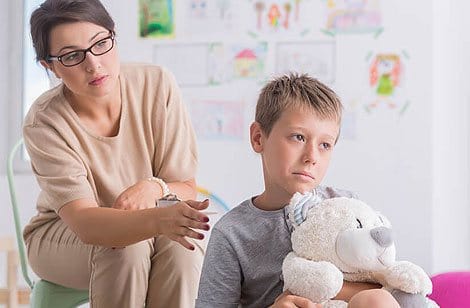Children & Teens

Children & Teens
Ours is a society of inconsistencies, stresses, and even dangers. Our children are not immune to these societal pressures or family conflict and can react in various way. These responses may look like changes in behavior, dropping grades, eating and sleep disturbances, selecting a different group of friends or a general change in attitude.
Growing up can be a confusing and messy process and sometimes therapists are needed to help children and their parents understand why their child has changed so dramatically. Kids often feel unheard. The very act of being heard is, in itself, validating and a powerful step toward change.
This supportive therapy creates a very safe space for honest, open conversation about what is being experienced. This will help your child or teen find his/her voice and learn management skills for successful growth and maturation.
Due to the vast variety of problems that a child can have growing up, treatment methods and lengths vary on a case by case basis. The most important part of the treatment process is to understand the severity and magnitude of the problem.
Sometimes problems can be as simple as helping children develop strategies to find new friends. Other times, problems may be deeper and more complex, such as a child dealing with the emotional upheaval of a recent parental divorce. These types of sessions will typically be longer in length and more extensive in treatment methodologies and strategies.
Treatment methods and strategies may also vary depending on the child’s mental and social development, and as such most treatments are uniquely tailored to each individual.
It is important to help a child work through any issues they have as soon and as effectively as possible because unsolved emotional turmoil in children can often have deep impacts on their later emotional and mental development.
Parental participation may or may not be recommended depending on the situation, but our goal is to always keep parents in the loop without necessarily invading the child’s privacy.



